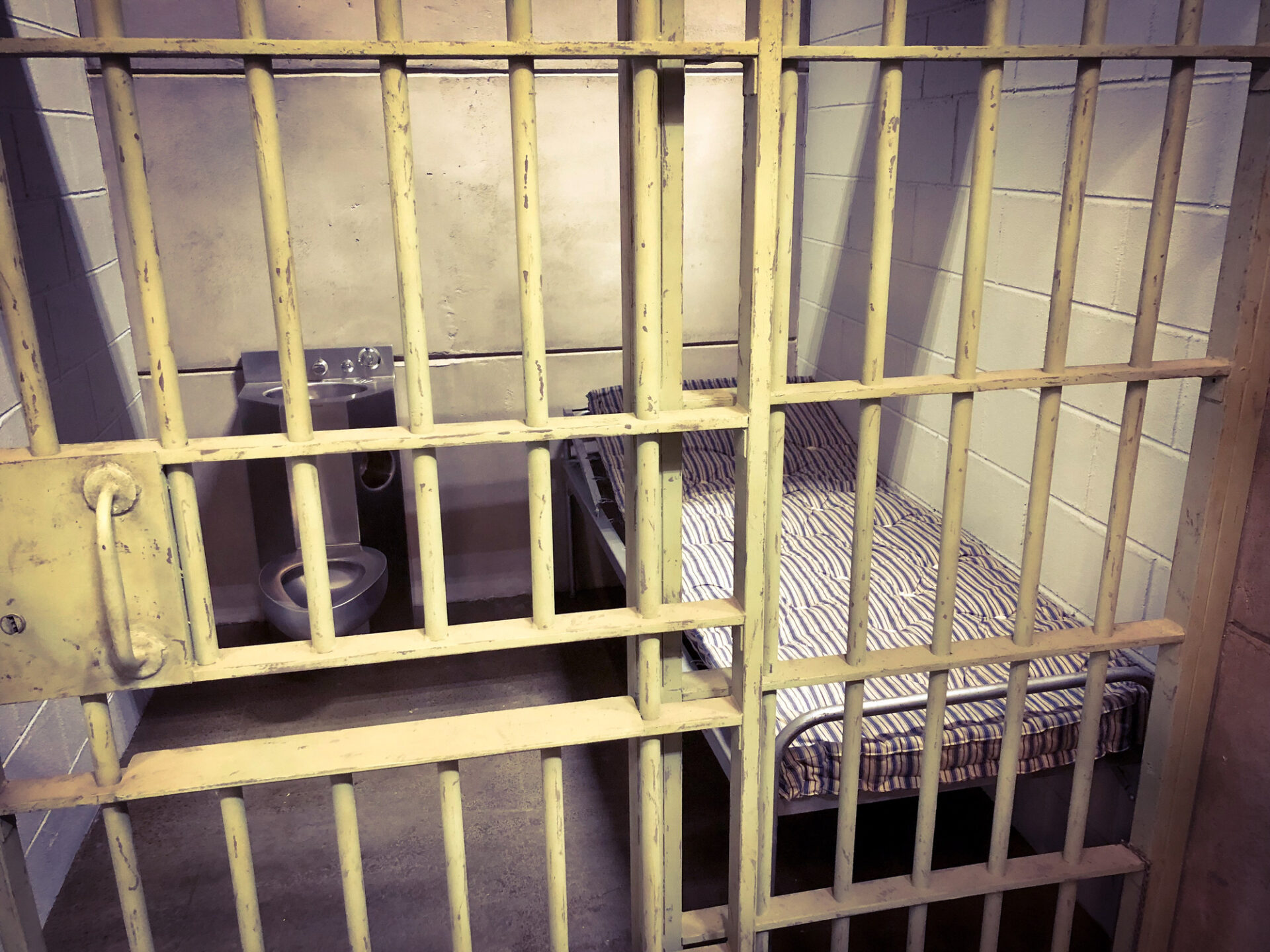
December 7, 2024
BLM Protestor Placed In Solitary Confinement Over 250 Days Despite Oregon’s 90-Day Limit
An incarcerated Black Lives Matter protester is staging hunger strikes to draw attention to his prolonged solitary confinement.
A Black Lives Matter protestor incarcerated in Oregon has spent over 250 days in solitary confinement despite the state’s 90-day limit.
Malik Muhammad, a disabled Army veteran living with PTSD, is currently serving a 10-year sentence after pleading guilty to 14 felonies in 2022 at the age of 25, The Intercept reports. However, his treatment in prison has sparked concerns, with at least eight incarcerated individuals filing grievances against corrections staff, alleging mistreatment of Muhammad, some of which is claimed to be racially motivated.
The Civil Liberties Defense Center, which advocates for the rights of political prisoners, took on Muhammad’s case last month. The organization is challenging the Oregon State Penitentiary and Department of Corrections for keeping Muhammad in solitary confinement for over 250 days despite his disability and the state’s 90-day limit on the controversial practice.
“We are talking about a conditions-of-confinement issue,” said Muhammad’s attorney, Lauren Regan, director of litigation and advocacy at the Civil Liberties Defense Center. “Malik is designated 100 percent disabled as a combat veteran because of extreme PTSD. And the Department of Corrections knows that.”
Muhammad accepted his fate after traveling from Indiana to join BLM protests in Kentucky and Oregon in 2020. During the demonstrations, he participated in firearms training in Kentucky and later threw a Molotov cocktail at police in Oregon.
His placement in solitary confinement followed an incident where, according to Regan, Muhammad requested to speak with a supervisor after being forced off the phone so a white inmate could take his place. But instead of a supervisor, Muhammad was Tased, beaten by guards, and subsequently placed in isolation.
“The next thing Malik knows is 10 corrections officers show up outside of his cell,” Regan said. “They stick two taser guns through the slot of the cell and start firing darts into the cell, and all of them strike him. He’s got nowhere to go. And they then just start repeatedly cycling the electric shocks of the taser over and over.”
“Even after he is on the ground and completely incapacitated because he’s being electrocuted, they continue,” Regan said. “They kick and punch him.”
In May, Muhammad began his first hunger strike. He initiated his latest strike in November after spending more than eight months in solitary confinement. According to Regan, prison regulations mandate that corrections staff involve the medical team for a baseline evaluation within 48 hours of learning about a hunger strike. However, six days into the strike, no medical assessment had been conducted for Muhammad.
Solitary confinement has been shown to worsen mental health conditions, with prolonged use widely regarded as a form of torture by human rights and civil liberties organizations. The Oregon Department of Corrections sets a 90-day limit on consecutive solitary confinement, which is significantly longer than states like California, with a 10-day maximum, or New York, which caps its use at 15 days. At least 17 other states have recently considered imposing limits of 10 to 15 days.
However, according to Regan, the Department of Corrections restarts the clock whenever an individual is moved between different housing categories. This practice has allowed Muhammad to remain in solitary confinement far beyond the 90-day limit.
“The way that the DOC is attempting to sort of sneak this under the radar is that they have multiple different segregation designations,” Regan said.
Muhammad’s designation has changed from one segregated housing unit to another, “but he’s literally staying in the same solitary confinement cell,” Regan said.
Regan stated that as a veteran with PTSD, the treatment Muhammad has endured in prison will make his reintegration into society even more challenging.
“He served the country and he already really suffered through one episode of his life that has given him some of the mental health issues that may have contributed to the acts that he’s actually been convicted of,” she said.
“For the racist prison system to intentionally punish him in ways that are going to cause additional mental health impacts and just make it that much harder for him to come out and be a productive and lovely member of our community is the opposite of what the prison systems say they are doing.”
RELATED CONTENT: Biden Urged To Grant Clemency To The ‘Majority Of African Americans’ Serving Unjust Sentences